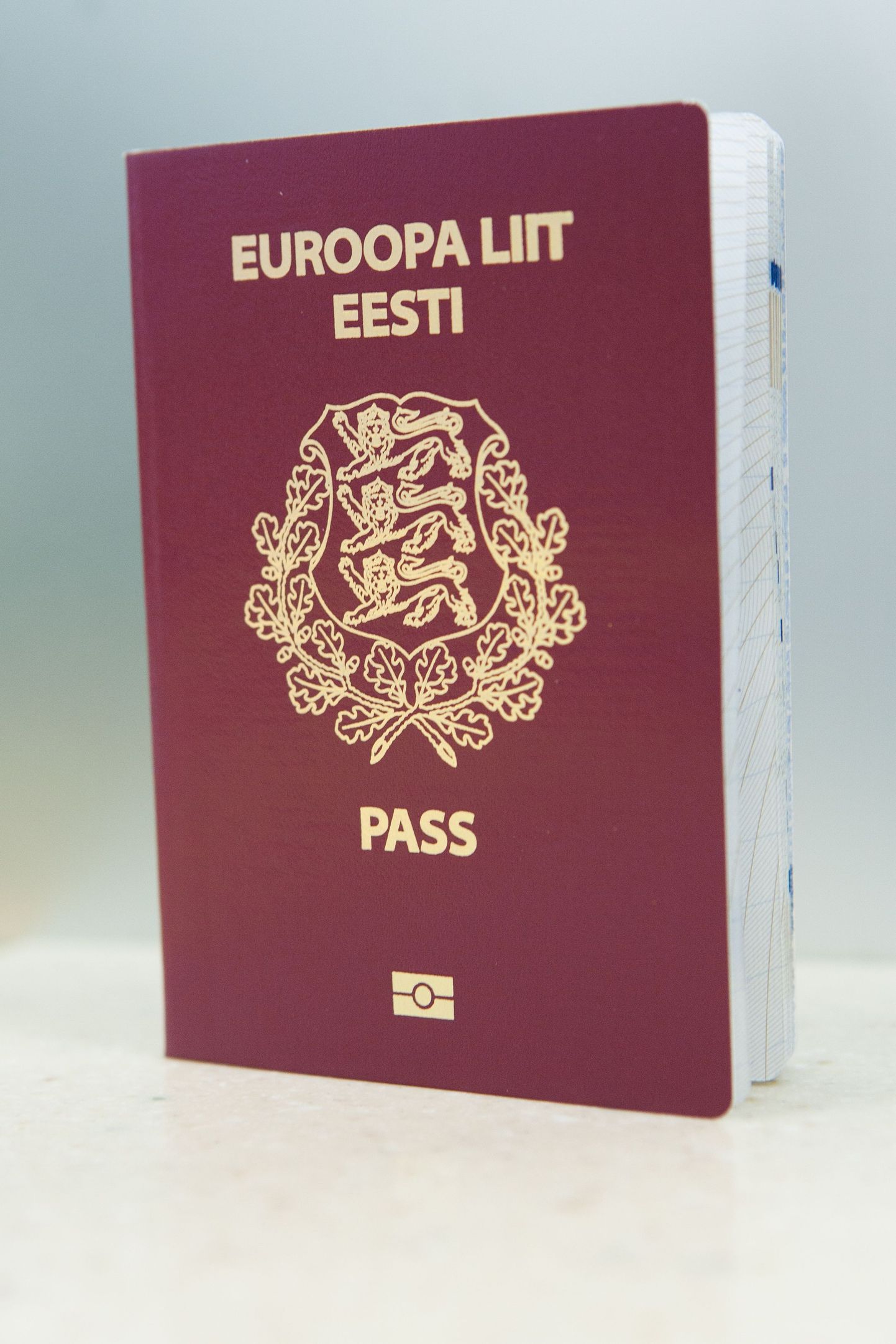To explain the contradiction, let us take a glance at our southern neighbours. Last week, Latvia – troubled by excessive exodus – opted for the «less bad» of two evils: with people leaving anyway and acquiring new citizenships abroad, allowing dual nationality would help them maintain ties with homeland. This would not keep them from going, but at least hopes would increase of having some return... some day. If not the leavers themselves, then perhaps their offspring.
In Estonian debates, the Latvian argument has not been directly employed, but the same problems may be sensed lurking at the background. Namely: the incompatibility of constitution and Citizenship Act mainly touches those of us that, after leaving, have taken on the nationality of another country.
Pursuant to Citizenship Act, an Estonian citizen may not possess dual nationality. The constitution, at the same time, states that nobody can be deprived of nationality at birth. Estonians by birth, having acquired other citizenships elsewhere, are estimated at about 25,000 – in a weird way offenders, as if. The question has arisen: shall we legalise the situation that has been created? Or not?
Mr Vaher’s interpretation of this not being a contradiction, rather a matter of value systems, is not too convincing. His Citizens Act amendment proposal which would no longer force children, upon entering adulthood, to make a decision for one of the citizenships, would somewhat alleviate the emotional pressure on those living abroad, but the issue as such would not be solved. It is also incomprehensible why Mr Vaher, in his insinuations to Estonian nationals living in Russia to whom we «need not send wrong signals», makes a difference between those leaving towards the West and towards the East. Talking about citizenship, it makes no difference which way a person left – East or West, North or South.
Instead of making a difference, we would have to find the common grounds most prudent regarding Estonia’s future. May-be Latvia’s example is worth learning from. For when legally weakening people’s links with the homeland and imposing upon them moral choices, we seem to be sending a signal of «once you leave, stay there».
